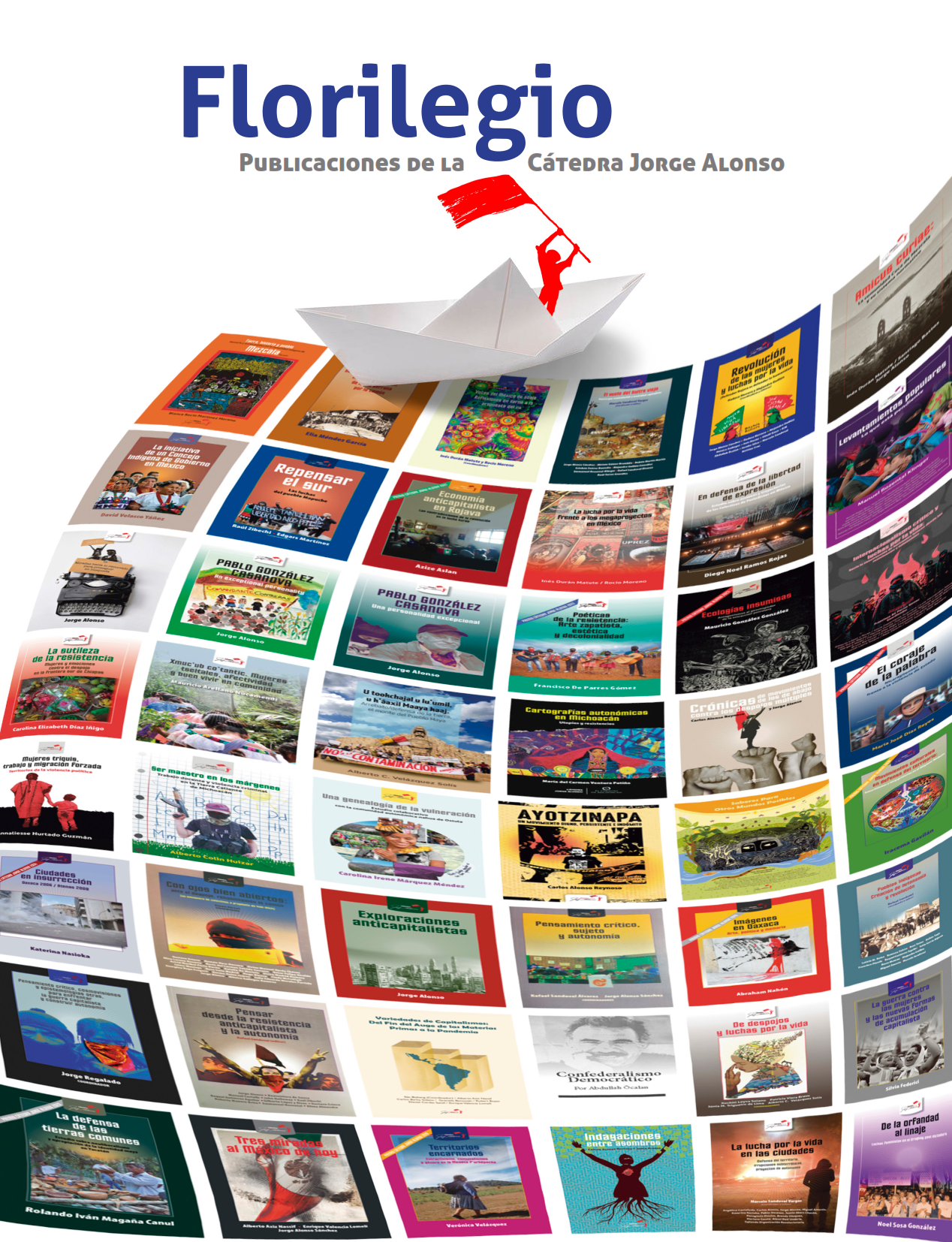Impact of Social Media in Learning EFL Iraqi Students New Words
Resumen
ABSTRACT
The study aims to investigate the impact of social media in improving students’ ability of English language, namely vocabulary acquisition with second year EFL students in University of Diyala. Social media technologies work on many different forms including magazines, internet forums, weblogs, social blogs, wikis, social networks, podcasts, pictures, videos etc. Several studies investigate the use of different technologies in learning and teaching, in particular, foreign language learning. Still, rare studies were interested precisely in the role of social media in learning foreign languages. This study assessed the role and effectiveness of social media use in vocabulary learning.
Citas
ASSCHE. F. VAN (n.d. 1998) The Web for Project (WWW Document). URL http: wfs. Eun.org. about context wfs Project Frame. HtmL.
CHASTAIN, K. (1998). Developing Second Language Skills. (2nd ed.). Chicago: Harcourt Brace Published.
DEWING. (2010). Social media. Social affairs division. Library of Parliament.
FREEMAN L. & ANDERSON M. (2012). Techniques and Principles in Language Teaching. Oxford: Oxford University Press.
FRIZLER, K. (1995). The Internet as an Educational Tool in ESOL writing Instruction (www document). Unpublished Master’s, San Francisco State.
GAIRNS, R. & REDMAN, S. (1989). A guide to Teaching and Learning Vocabulary. Cambridge : Cambridge University Press.
GEBHARD, G. (2006). Teaching English as a Foreign or Second Language. The University of Michigan Press.
GOOD, C. (1973). Dictionary of Education. New York: McGraw Hill.
HARMAR, J. (2012). The Practice of English Language Teaching. Essex: Longman.
HARRIS, R (1999). Evaluation Internet Research Sources. (WWW Document) URL.http:www.sccu.edufaculty R Harrisevalu8it.htm.
HEDGE, T. (2000). Teaching and Learning in the Language Classroom. Oxford: Oxford University Press.
KEITH J. R. (1997). The Internet. Yale University School of Medicine.
KRASHEN, S. (1982). Principles and Practice in Second Language Acquisition, Oxford: Pergamon.
MAGOTO, J. (1995). From the nets: World Wide Web and ESL. AELL Journal.
MEARA, P. (1980)."Vocabulary Acquisition : Neglected Aspect of Language Learning ".13-4:221-46.
MECARTHY, M. (1990). Vocabulary. Oxford : Oxford University Press.
NATION, I. (1990 ).Teaching and Learning Vocabulary. New York: Newbury House.
RICHARDS & RENANDYA, W.A. (2002).Methodology in Language Teaching: An Anthology of Current Practice: Oxford: Heinemann.
RICHARDS & RENANDYA, W.A. (2002). Methodology in Language Teaching: An Anthology of Current Practice. Oxford: Oxford University Press.
ROSEN. (2007). Facebook’s effect on Subtle Emotion Decoding, Academic Performance, and Identity protection. The Faculty of the Communication Department at Southern Utah University.
SCRIVENER. JIM. (1994). Learning Teaching. New Cambridge.
SMITH. N. (2000). Vocabulary in Language Teaching. Cambridge University Press.
THORNBURY, S. (2005). How to Teach Speaking. Essex: Person Education Limited.
UR, P. (2012). A Course in Language Teaching: Practice and Theory. Cambridge: Cambridge University Press.
WALLANCE, M. (1988). Teaching Vocabulary. Oxford : Heinman.
WEBER. L. (2009) Marketing to the Social Web. Hoboken. New Jersey.
WILLIAMS, D. (1995). A suggested Framework for the Educational Use of Internet Technologies. (WWW Document) ORL http://wfs. Eun.org supportedumodel ppframe edu.htm.









